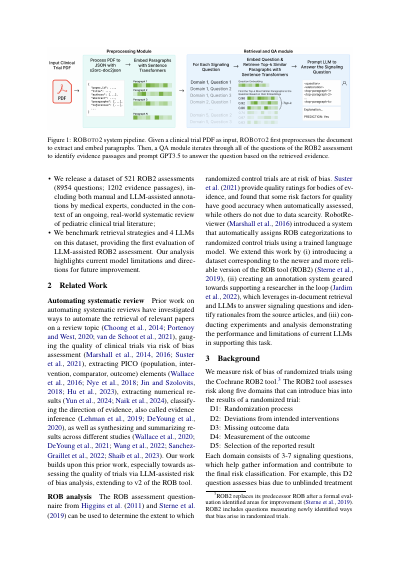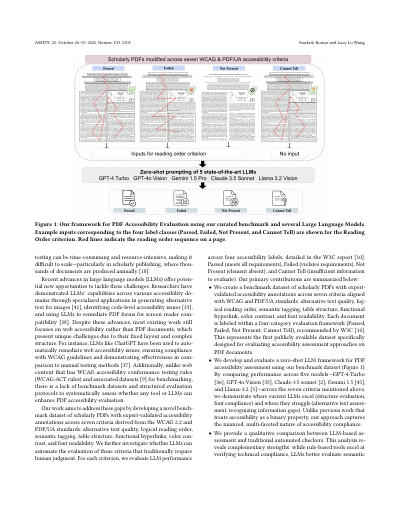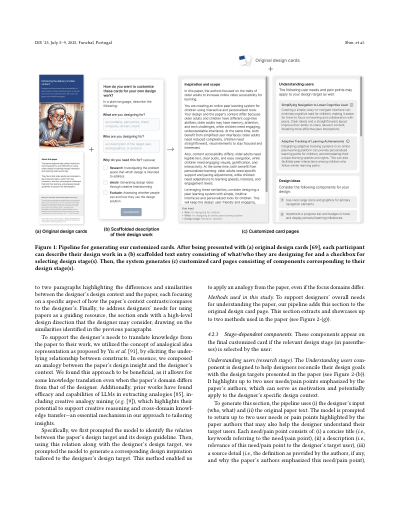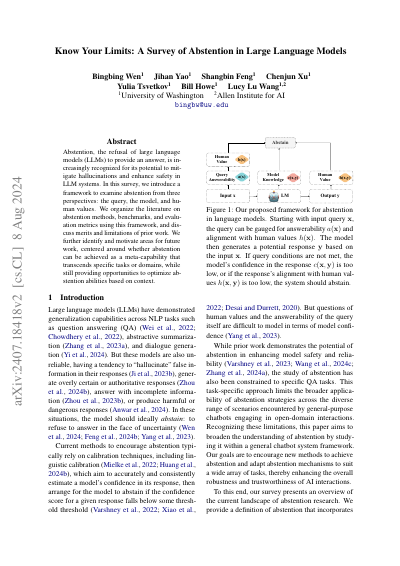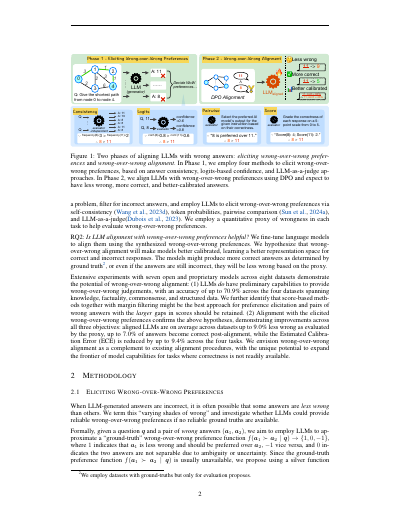Lucy Lu Wang
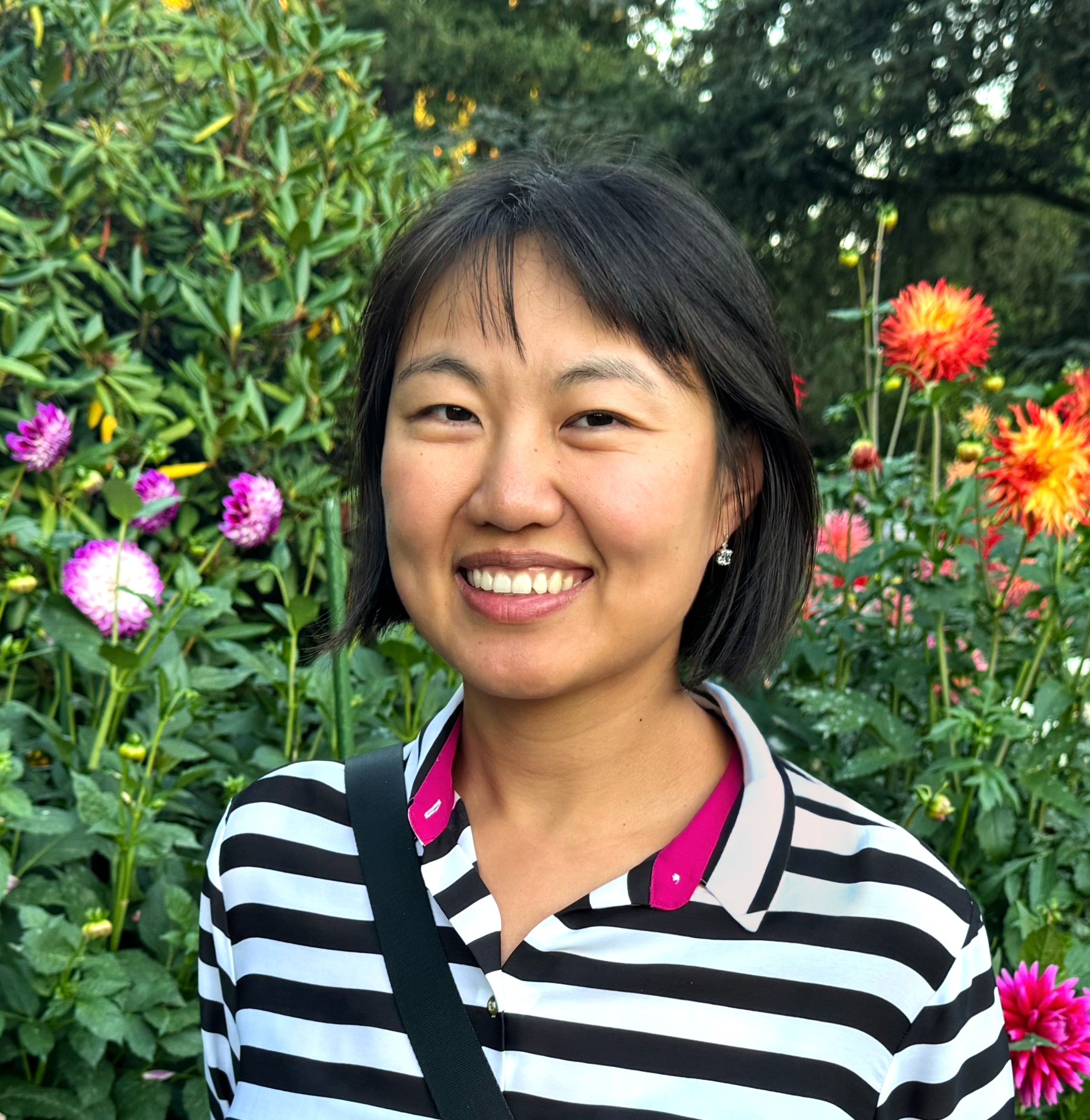
Allen Library 199D
University of Washington
Seattle, WA 98105
Assistant Professor, Information School, University of Washington
Adjunct, Paul G. Allen School of Computer Science & Engineering
Adjunct, Biomedical Informatics & Medical Education
Adjunct, Human Centered Design & Engineering
Research Scientist, Allen Institute for AI (Ai2)
Hello and welcome! I am an Assistant Professor at the University of Washington Information School, where I lead the Language Accessibility Research (LARCH ) lab. You can find a list of our publications here.
) lab. You can find a list of our publications here.
I am an NLP and health informatics researcher, studying how to design and build language technologies to improve access to and understanding of information, especially in high-expertise domains like science and healthcare. My work has resulted in techniques and tools to improve access to scholarly content, synthesize scientific evidence, and support people to make better decisions about their health.
Curriculum vitae: PDF
Questions for me? Check the FAQ page first.
news
| 10/17 | Our demo paper on AI-assisted risk of bias assessment will be presented at EMNLP! Read it here. |
|---|---|
| 07/25 | Attending ACL in Vienna next week where we’re presenting two papers (Abstention Survey, Mitigating Overconfidence) and I’m giving a talk at the SDP workshop. |
| 06/27 | Our paper “Benchmarking PDF Accessibility Evaluation: A Dataset and Framework for Assessing Automated and LLM-Based Approaches for Accessibility Testing” introduces a new dataset resource to assess PDF accessibility evaluation and has been accepted to ACM ASSETS! |
| 06/10 | Our paper “Racial and Ethnic Disparities in Identification of Cyanosis in ICU Settings” (led by Izzy Chaiken) has been accepted to the AMIA Symposium! |
| 05/27 | New preprint led by Jihan Yao: “MMMG: a Comprehensive and Reliable Evaluation Suite for Multitask Multimodal Generation” |
